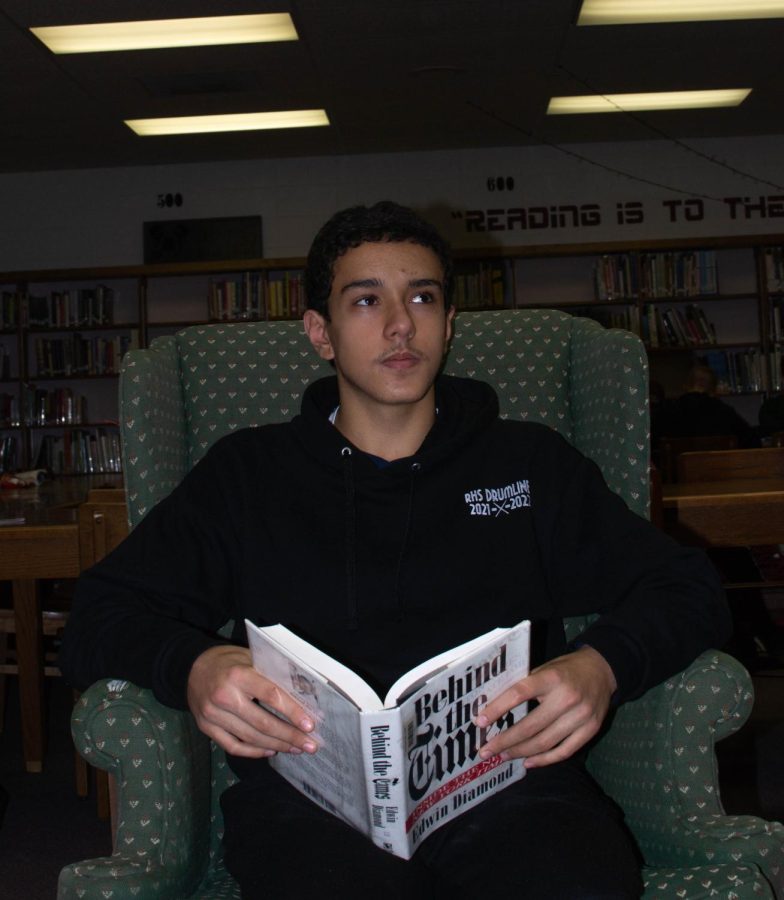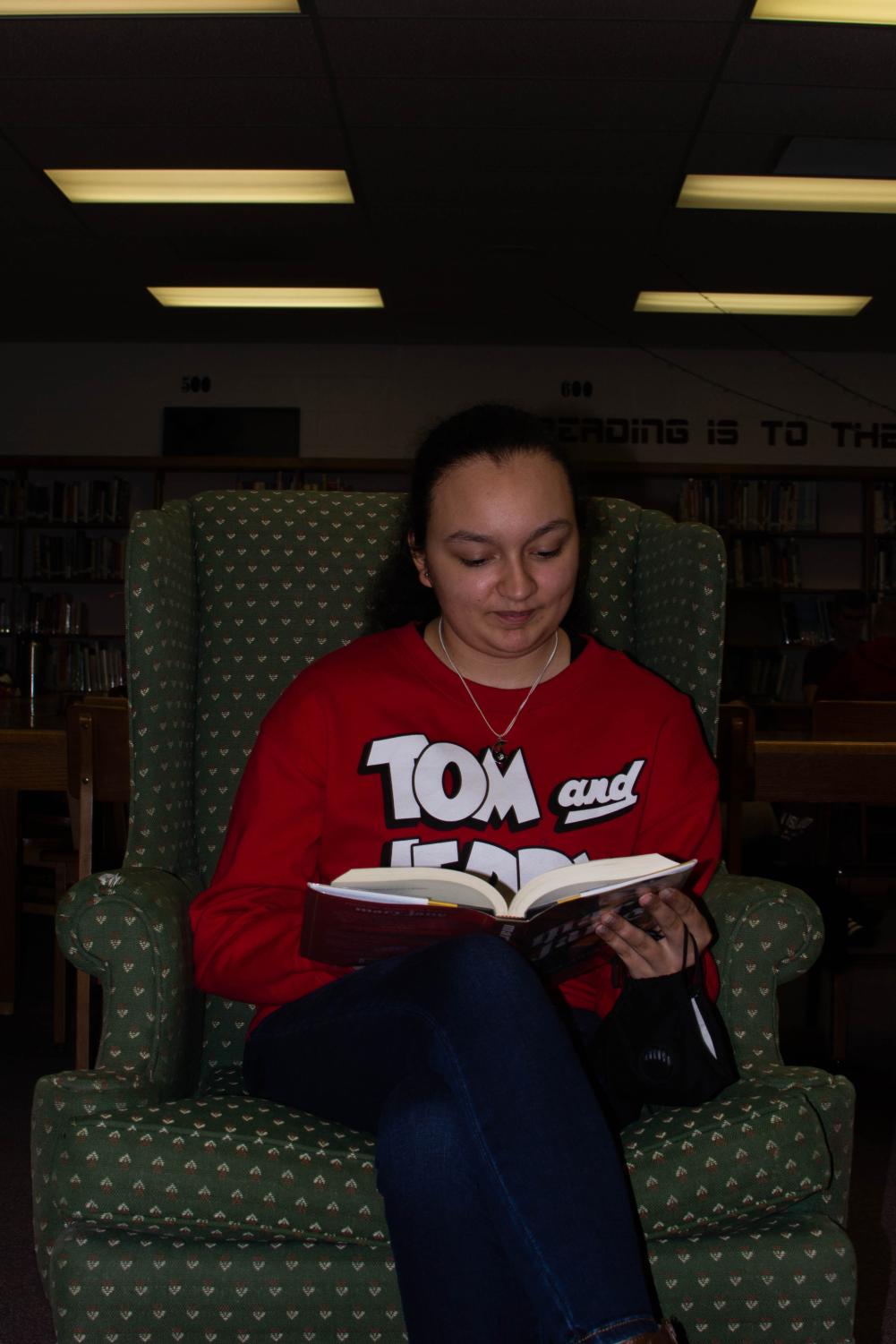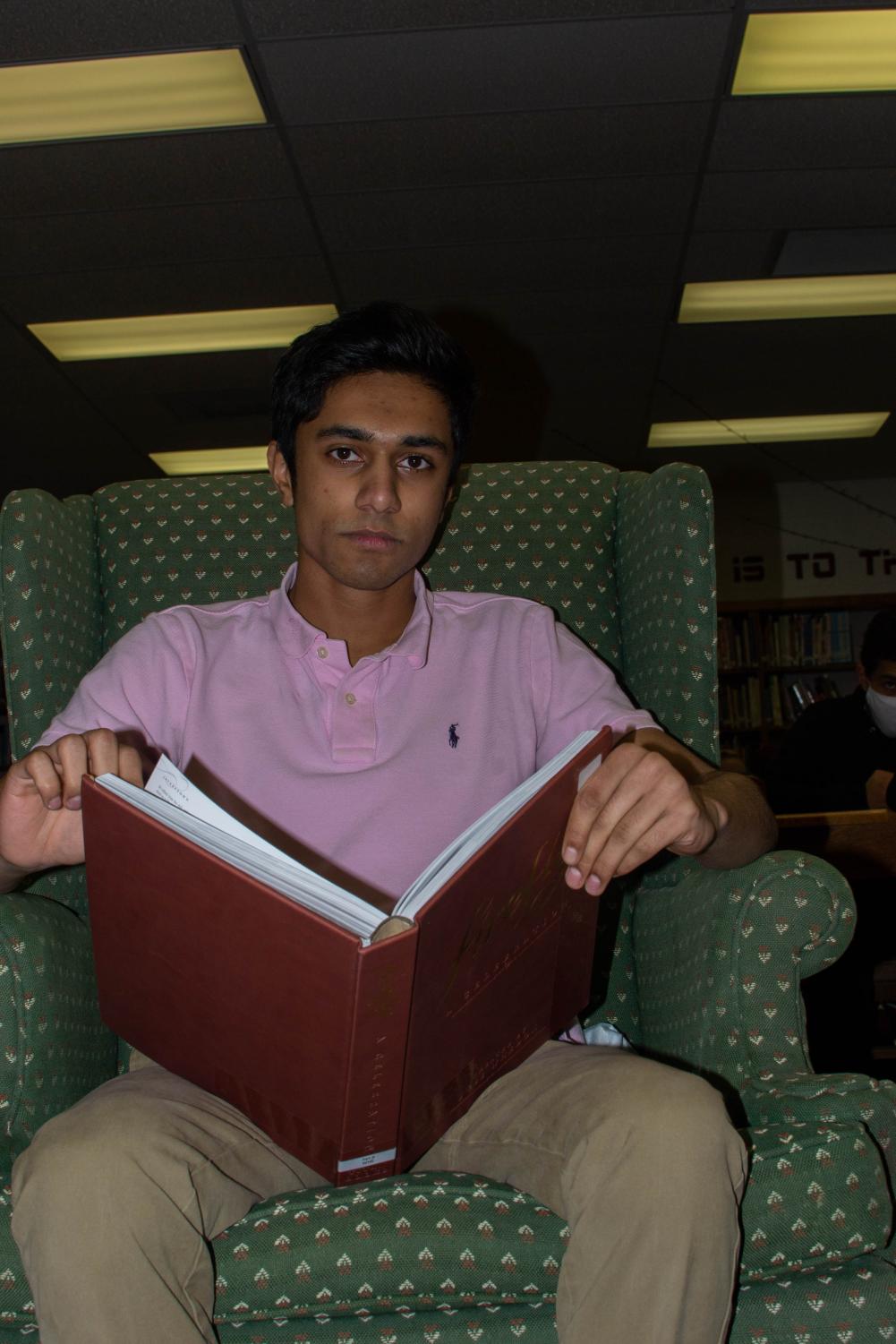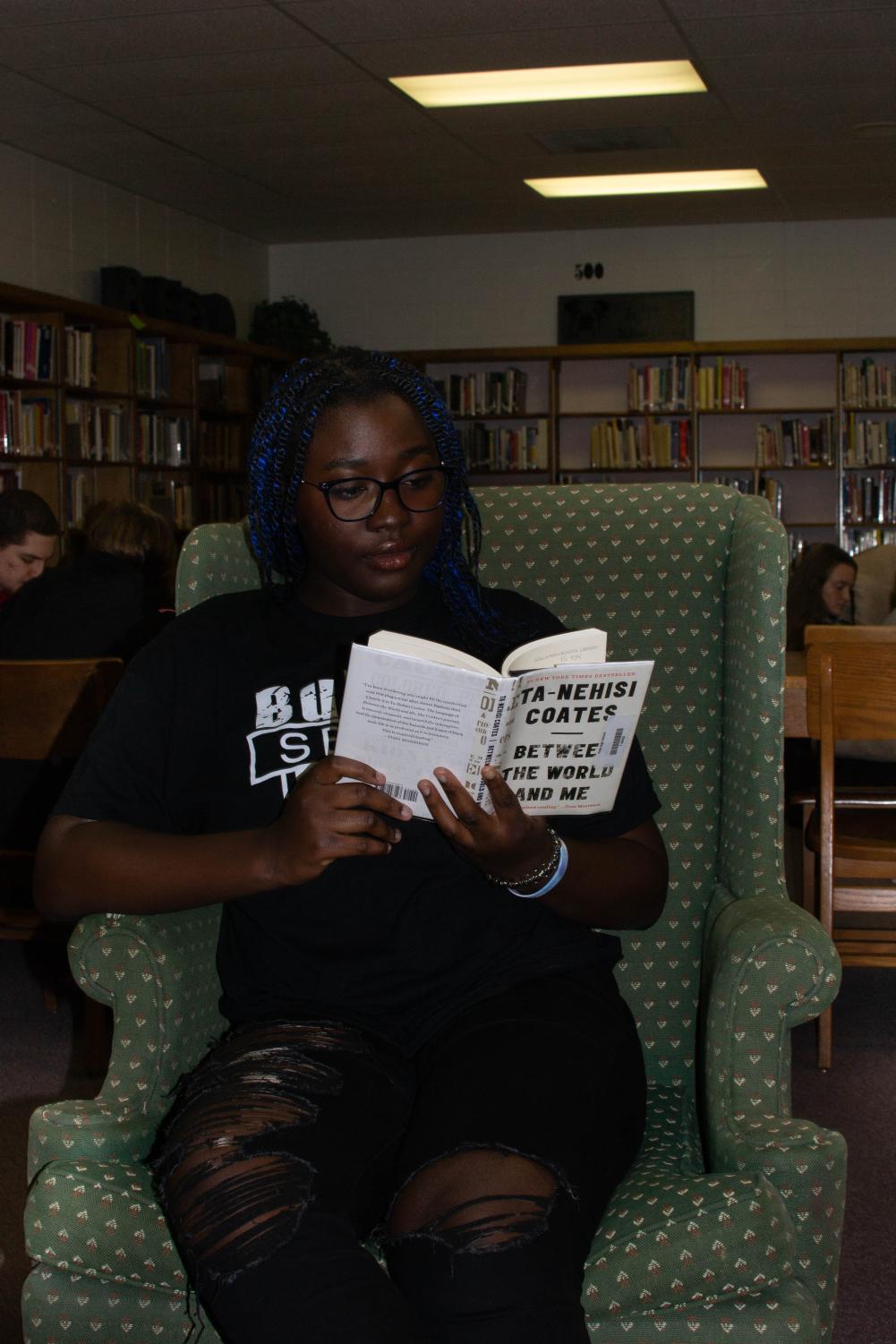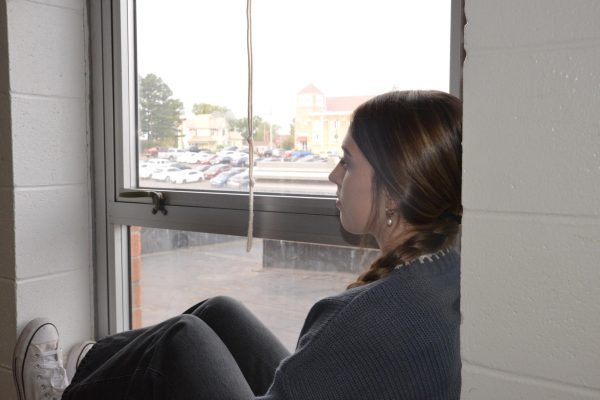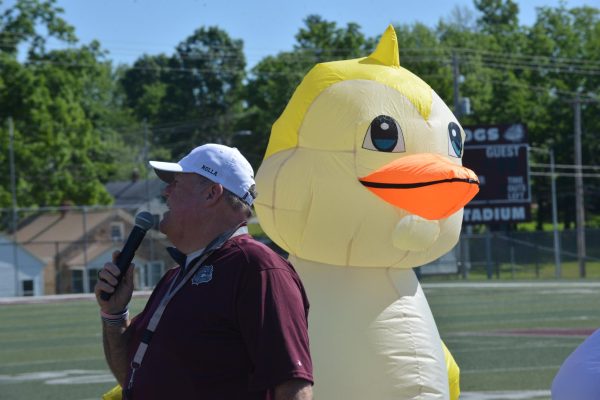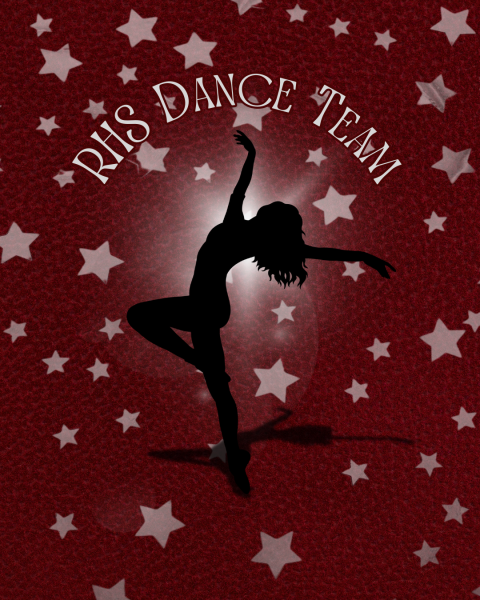Speaking from the heart
It is easy to take for granted how seamlessly language blends in with daily life. For four Rolla High School students, they have a uniquely beautiful experience to be connected through two languages rather than only one. Which serves as a link to their culture and history
Freshman Mohamed Algraiw grew up learning to speak and write Arabic.
“Ever since I could speak, I’ve known how to speak Arabic,” explained Algraiw. “When I was young, I moved away from Libya, but at the time I wasn’t talking. I went back when I was 10 years old for about a month. At that time, I could actually speak Arabic.”
It is estimated that there are over 25 Arabic dialects in the world.
“Typically every single country will have their own dialect, and way of speaking Arabic,” said Algraiw. “There’s the Arabic dialect in the Quran, the holy book, and it is used by all Arab countries. And then the one that I usually speak is the Libyan dialect. The easiest one for me is [the] Libyan [dialect], because I’m from there. The hardest one might be Algerian, because they have French influence. For example, spoon in the Libyan dialect would be Kasik, but in Arabic that is used by all countries, [spoon] would be referred to as mileaqa.”
For Mohammed, speaking Arabic brings him pride.
“I’m from Libya, and I show strong pride for my nation, so I really like Arabic. I also think that it’s a very beautiful language and if you take the time to know it, it just increases your appreciation for it,” said Algraiw. “One of the most beautiful things is that sometimes kids will be like, ‘what’s a cuss word in Arabic?’ but they are surprised when I tell them that there aren’t any. There are insults, which differ from English ones, but for the most part it’s a very kind and respectful language.”
Knowing Arabic offers many different advantages.
“I’d say some advantages are that certain languages have certain difficulties learning one from another. English and Arabic are two of the hardest languages to learn if you know one, but don’t know the other, ‘’ said Algraiw. “So knowing Arabic and knowing English gives you a great understanding of languages, and makes it easier to learn any other language.”
Junior Perla Valley speaks Spanish with her family.
“I learned some of it [Spanish] from my father. He’s from Honduras. He taught me a little bit when I was younger, but I, being young, didn’t want to learn it that much,” said Valley.
Spanish from Honduras differs from other dialects of Spanish.
“It’s [Honduras’s dialect of Spanish] different from Spain since it’s all the way in a different country. It’s different from Mexico in the culture, the holidays, because they don’t celebrate Cinco de Mayo,” said Valley.
Spanish is uniquely different compared to English.
“It’s also interesting because you find words that don’t exist in Spanish, like ‘do’ doesn’t [exist], so they use a question mark instead for it at the beginning [of a sentence]. Which I think is really cool,” said Valley.
Speaking two languages can serve as a kind of access pass to new places and cultures.
“The advantages are that you can talk to more people. You can understand what they’re saying and you can get around. Say you were to go to Mexico or Spain even, you could get around just using your basic knowledge. For disadvantages, you’ll probably get confused with whatever language you’re in.” said Valley. “Sometimes I’ll be talking, and I’ll just start speaking some Spanish words, and I’m like, ‘wait a minute, That’s not the right language.’ So it’s confusing sometimes because, your brain, it just mixes it up. Sometimes I’ll be speaking English and then go straight to Spanish.”
Anish Jagannathan is a senior who knows how to speak Tamil.
“My native language is English but my secondary language is Tamil,” said Jagannathan. “My parents taught me, and then every time we go to India, my grandparents reinforce it, because that’s the only thing they can speak. So I’m required to speak with them in that native language.”
Tamil is one language of India that has two dialects.
“In Sri Lanka, which is a different country, of course South of India,” said Jagannathan. “They also speak Tamil, but they speak a slightly different dialect because well, they’re Sri Lankans, but those are the only two dialects, just the one in South India and the one in Sri Lanka. Typically at the end of the words in Sri Lanka, they’ll add an ‘e’ sound towards them, while Tamil in South India does not. That’s how you really distinguish between the two.”
Tamil has advantages that English doesn’t.
“I would say flow. In English you have to be really specific on your structure, even if you’re using slang, but slang in Tamil, it’s so much more connected. It’s a lot easier to get your words out. You can get your entire sentence out, in a matter of three words total, but in English, it would take five or six [words]. If I were to say ‘get me water’ or ‘get me a glass of water’ in Tamil, all I have to say is ‘thani irindth va’ which is like two words. So that versus ‘can you get me a glass of water?’ [which is] like eight [words].”
Knowing Tamil allows for more convenient communication.
“Let’s say you’re going around with family that also knows that same language, you don’t have to feel awkward speaking English. [If] you want to say something, you’d have your secondary language to fall back on. So no one else knows what you’re saying, so you can stay private while you’re in public. You don’t have to worry about keeping your tone low unless you see another Indian family then you have to figure out what they’re speaking. When you’re in public, you don’t have to worry about that. I think the biggest advantage is going out in public and being able to speak freely.”
Tamil is an outlier that allows for more in emotional depth than other regional languages.
“I’ll meet other Indians, and they’ll talk about how Tamil is known in India as the most beautiful language. There’s like over 100 languages in India, and that’s what they’ll say. It is the easiest to speak, it provides the most amount of emotion. A lot of other languages in India, they say that it’s difficult to provide emotion with their words. In America, we have to use tone a lot of the time to provide our emotion. In Tamil you don’t really have to. There’s specific words that provide that emotion.”
Language is passed down through generations to ultimately become what it is now.
“It means quite a lot [to me]. It’s the oldest language we know of on this planet. And because of that, I’m proud to come from an area like that, that speaks that language. Although the dialects have changed since then, it represents, as soon as someone speaks Tamil, [that] they come from a really long, and rich area, especially with history. It really makes me proud to know that I could speak a secondary language.”
Eyram Dumor, is a high school senior who knows how to speak Twi.
“I spent some of my early childhood years in Ghana, so I was speaking Twi with my grandparents, and my aunts, and uncles. My siblings, however, did not have the same opportunity. They came to the United States fairly young, so they don’t really remember,” said Dumor.
Twi is a language spoken in Ghana.
“Depending on where you live in Ghana, you’ll speak a completely different language,” said Dumor. “There’s Twi and then there are certain people who speak Ewe, which really is its own language. Depending on whether you have different ethnic groups living in the same area you’ll find that it has new additional words that you wouldn’t really expect. It’s kind of like Spanish.”
Twi is unique in the fact that it is a rare language.
“I think English [has its advantages], being such a universal language. Business wise, I think that speaking English is easier,” said Dumor. “However, being able to speak Twi helps me feel more tied into where I’m from. Living in the United States, not always being in Ghana, knowing that I at least have this part of my culture with me. It makes me feel more firm in who I am.”
Language symbolizes something different for each person.
“It definitely does mean a lot about my family where I’m from,” said Dumor. “To me, it symbolizes keeping the old culture [alive], before colonization, and still maintaining our language. I mean, there are some European words that have been mixed in, but for the most part, it’s still authentically Ghanaian. I feel like now, because in school in Ghana, at least they don’t really teach our languages anymore. It’s really up to us, as children of Ghana, children of Africa, to remember our languages so that they’re not forgotten.”

Hello! I’m Kyra and this is my first year writing in ECHO. I’m a senior. I enjoy reading, and watching Netflix. My favorite food is baklava- go eat...

Hey guys! This is my fourth year writing and editing for ECHO. This year I’m the sports editor and photo coordinator. I’m President of Eco Club, and...



